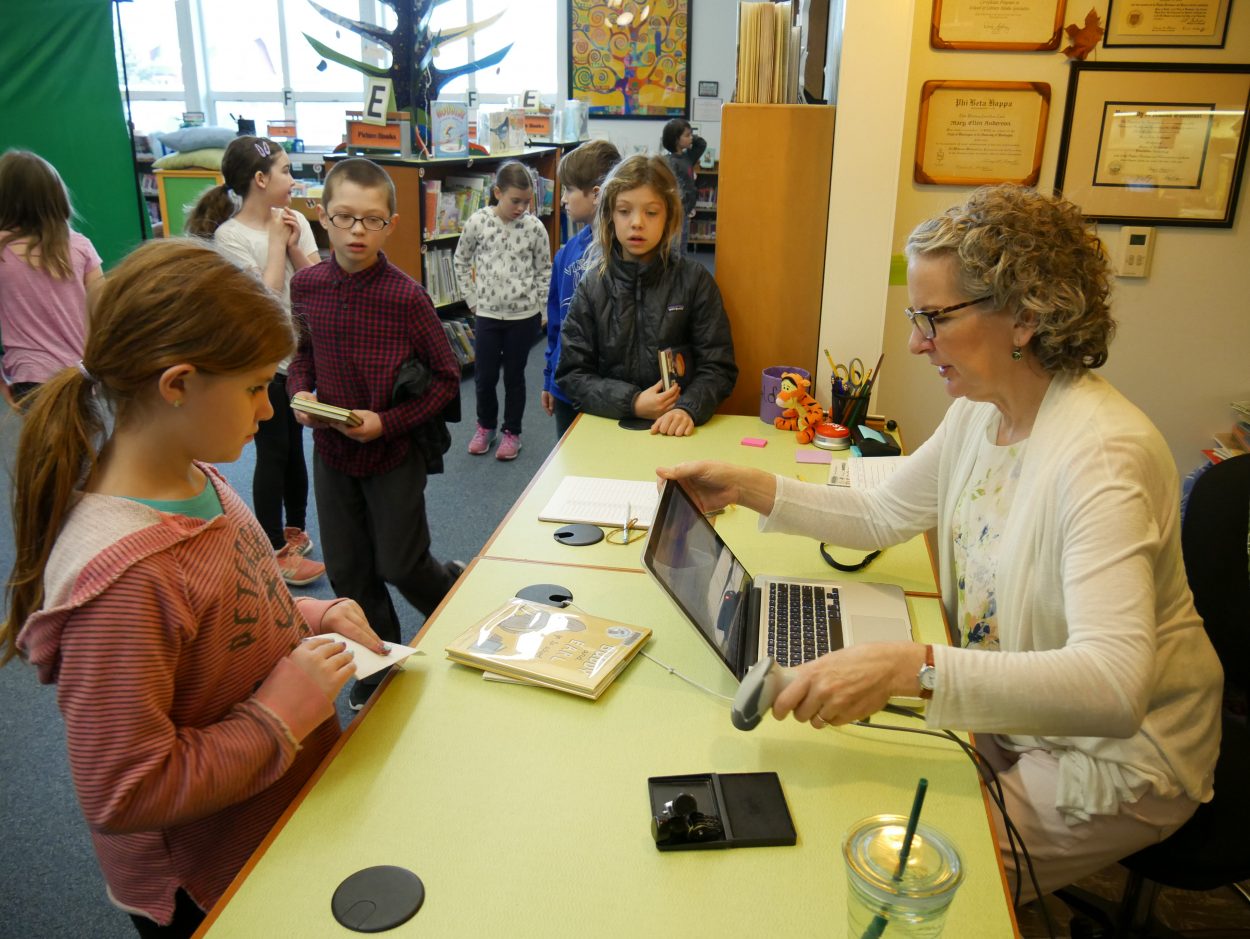
The Petersburg School Board took its first look at a senate bill called the Alaska Reads Act. The act would create a statewide K-3 reading program with increased screenings among other requirements. As Angela Denning reports, the school board supports that overall idea of the bill, but not some of the details.
Last year, less than 40 percent of Alaska’s third graders were proficient in reading, according to a statewide assessment test. The Alaska Reads Act looks to change that outcome. There are three main parts to the senate bill: it would require all elementary schools to have preschool programs with certified teachers. It would create a statewide reading program with increased screenings to help students meet reading proficiency by third grade. And it requires districts to hold students back if they aren’t reading well enough.
The bill would allow district’s six years to implement the changes.
“We have heard, while we were up in Juneau, that this is a fast moving bill,” said Mara Lutomski, Petersburg School Board President. “Both sides–the house and the senate–expect that it will probably, most likely make it through and arrive at the governor’s desk in some form.”
There are still a lot of questions about what form that will be. The pages of the bill keep growing.
The Reads Act was created by Senator Tom Begich, a Democrat from Anchorage along with Governor Mike Dunleavy. It looks to screen students from kindergarten through third grade and intervene when students or schools are having trouble.
The overall sentiment of the Petersburg school board was that they want to support young kids reading but details of the bill were troublesome.
“This is the first time they’ve ever really put money toward early childhood education in this state. That’s a good thing–a great thing–recognizing how important it is,” said Superintendent Erica Kludt-Painter. “But not a lot of conversation with the local communities about what might already be in place.”
The act would require an elementary-run preschool as one option for all students. Petersburg already has several private preschools in town and Kludt-Painter says the district is reaching out to them to work together.
“It’s a difficult conversation to think about being in competition with established programs that are already here in our communities,” she said.
Then there’s the retention part of the bill or holding kids back a grade if they’re having problems with reading. Students would be screened three times a year and if they aren’t reading well enough they would be held back unless they’re exempt for specific reasons. That could include being a new English language speaker or students that have an Individualized Education Program or IEP.
“It does not sound like it’s optional,” Lutomski said. “It sounds like it is very difficult to get out of…like you are retaining unless.”
Superintendent Kludt-Painter says there are many other factors that should be considered for retention like social emotional components. She says holding kids back for maturity levels can help but not just for academic reasons.
“Kids don’t really catch up academically,” Kludt-Painter said. “It’s just not what the research bears out. So, it needs to be done very, very carefully if it is done.”
As for creating a statewide reading program, the local school board says Petersburg already has those requirements in place but noted that they’ve heard from other districts that do not.
“And again, nobody’s arguing that kids being able to read by third grade isn’t critically important,” Kludt-Painter said. “I don’t think anybody’s arguing that part of it. But [the bill] also doesn’t take into account the many, many factors that weigh into a child’s education.”
The Petersburg board’s sentiments were shared by the Executive Director of the Association of Alaska School Boards. Norm Wooten, in his testimony to the Senate Education Subcommittee, said he supported the bill and applauded many parts of it. Yet, he too questioned some of the details including the required retention of a student.
“It seems to me that retaining a child for lack of reading proficiency may be more of a failure of the system rather than the fault of the child,” wrote Wooten. “I applaud the bills provision for early assessments and implementation of interventions. This seems to be a more logical approach than retention and one that is more about improvement.”









